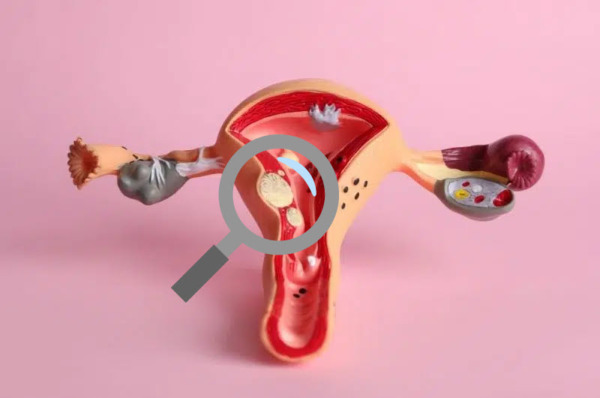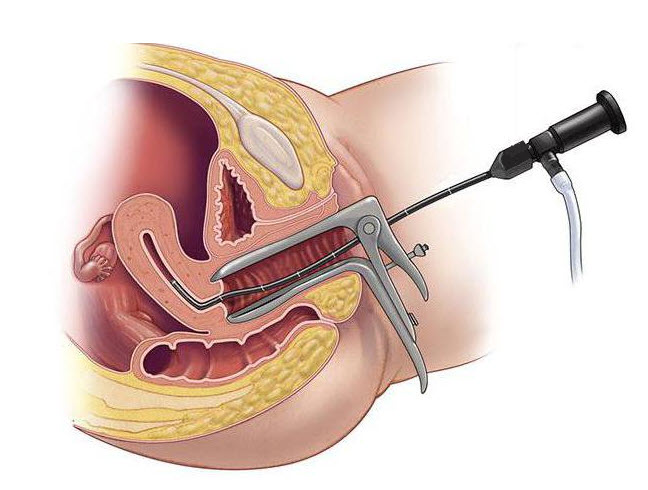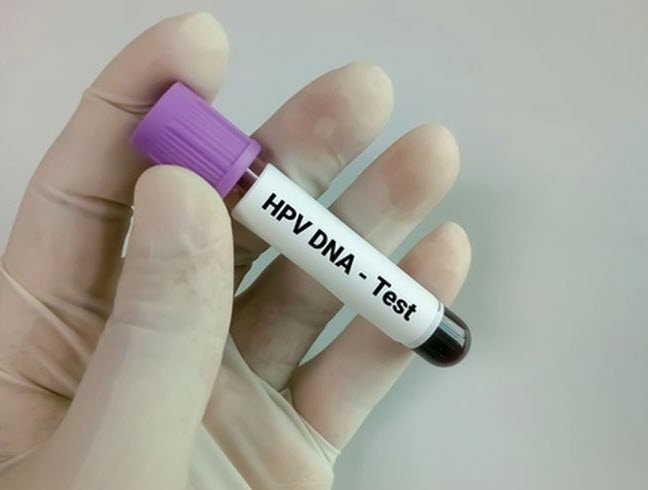Cervical Cancer Screening in Korea
99% Diagnosis Rate with 3-Step Precision Examination
Causes of cervical cancer
HPV virus, known as the most significant cause of cervical cancer, is mainly transmitted through sexual intercourse and is known to be a virus that affects both men and women. It is almost 100% preventable with regular checkups and vaccination.
The diagnostic rate is up to 99% when performing a 3-step parallel test.
Cervical cancer has few symptoms in its early stages, so regular screening is very important. As the cancer progresses, the most common symptom is abnormal vaginal bleeding outside normal menstruation, and bleeding after sexual intercourse, foul-smelling discharge, and difficulty urinating may also occur.

Cervical cancer Three-Step detailed examination

Cervical liquid cytology test
(Thin Prep Examination)

Cervical colposcopy
(Cervicography)

Human Papillomavirus DNA Test
(HPV DNA PCR)
SH Clinic Examination System – The latest 4D precision ultrasound examination
Women in their 20s or older who are sexually active should have a gynecological checkup at least once a year.
Recommended Tests Based On symptoms
|
Symptoms |
Test Items |
|---|---|
|
▫️ Increased vaginal discharge, odor, and itchiness |
▪️ Basic gynecological examination |
|
▫️ Bleeding during sexual intercourse |
▪️ Cervical cancer screening, cervical colposcopy, human papillomavirus screening, ultrasound, STD screening |
|
▫️ Irregular menstruation, irregular bleeding, excessive menstrual bleeding, decreased menstrual flow |
▪️ Ultrasound examination, hormone examination, cervical cancer examination, ovarian function examination |
|
▫️ Pain during intercourse, pain during ovulation, severe menstrual pain, or lower abdominal pain |
▪️ Internal examination, ultrasound examination, fetal sex examination, basic discharge examination, urine examination |
|
▫️ Warts or bumps around the vaginal opening or anus |
▪️ STD test, cervical cancer test, cervical colposcopy, iodine staining test |
|
▫️ If you want to maintain vibrant health after middle age |
▪️ Women’s cancer screening, women’s comprehensive screening, menopause screening |
|
▫️ If you want to simply check for adult diseases and cancer, etc. |
▪️ Molecular Genetic Cancer Screening (Blood Test/Accuracy 99%) |
Frequently Asked Questions
What is the primary cause of cervical cancer?
Cervical cancer is primarily caused by the human papillomavirus (HPV), which is mainly transmitted through sexual intercourse and affects both men and women. Regular checkups and vaccination can make cervical cancer almost 100% preventable.
What are the early symptoms of cervical cancer?
In its early stages, cervical cancer often has few symptoms. As the cancer progresses, common symptoms include abnormal vaginal bleeding outside normal menstruation, bleeding after sexual intercourse, foul-smelling discharge, and difficulty urinating.
What tests are included in SH Clinic’s three-step cervical cancer examination?
SH Clinic’s three-step cervical cancer examination includes: 1) Cervical liquid cytology test (Thin Prep Examination), 2) Cervical colposcopy (Cervicography), and 3) Human Papillomavirus DNA Test (HPV DNA PCR). Performing these tests simultaneously can achieve a diagnostic rate of up to 99%.
How often should sexually active women undergo gynecological checkups?
Women in their 20s or older who are sexually active should have a gynecological checkup at least once a year.
What symptoms indicate the need for a cervical cancer screening?
Symptoms that may indicate the need for a cervical cancer screening include increased vaginal discharge, odor, itchiness, bleeding during sexual intercourse, irregular menstruation, irregular bleeding, excessive menstrual bleeding, decreased menstrual flow, pain during intercourse, pain during ovulation, severe menstrual pain, or lower abdominal pain.
